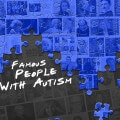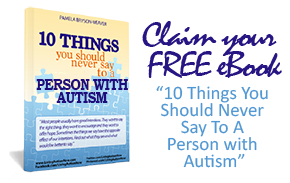Autism Spectrum Disorders (ASD), or simply “autism”, is a wide-ranging spectrum of disorders affecting cognitive, social, communication and developmental aspects. For autism parents, managing ages 2 to 10 years can be handy.
However, this may not be the case as they enter adolescence, and then, adulthood. It is our moral obligation as parents to prepare them to a life where they can stand on their own feet—fully or even, partially. This process can require huge sacrifice and efforts, but embracing the inevitable with an open heart and mind will enable children who are living in the spectrum to live a life they want.
Individualized Approach
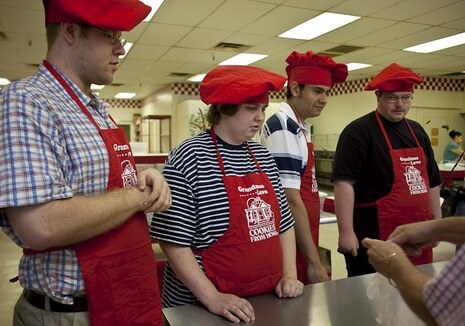 Teaching life skills to individuals with autism is difficult. Apart from varying manifestations of the disorders across individuals, it can be strenuous and often requires professional support. We as family members or as parents can only do so much to arm them with the right skills in facing life amid their frailties. We need all the help we can get from people who have the experience and expertise in handling ASDs. These professionals are geared with the right knowledge and familiarity of various skills needed to prepare them in living as independent adults. The key, however, in teaching life skills is to focus on an individual’s core deficits and strengths to bring out the best in them.
Teaching life skills to individuals with autism is difficult. Apart from varying manifestations of the disorders across individuals, it can be strenuous and often requires professional support. We as family members or as parents can only do so much to arm them with the right skills in facing life amid their frailties. We need all the help we can get from people who have the experience and expertise in handling ASDs. These professionals are geared with the right knowledge and familiarity of various skills needed to prepare them in living as independent adults. The key, however, in teaching life skills is to focus on an individual’s core deficits and strengths to bring out the best in them.
Facing the Inevitable Head-on
When you have decided to engage your loved one with autism on developing life skills, it is also important that you know what to expect from individualized programs. Though, experienced professionals will be at hand to teach these skills to your growing child, we are bound to continue such at home to ensure success. So, what life skills are considered critical to individuals with autism?
1. Sensory Integration
Autism is a world where metaphors are nonexistent, where everything seems to be confusing. Teaching a loved one living on the spectrum how to process his senses can help him develop communication, social connections, self-awareness, and safety.
2. Communication Skills
One hugely affected skill of individuals living on the spectrum is communication. Verbal communication, metaphors, implied meanings, and other means of communication are limited, if not non-existent, to all those living on the spectrum. Speech, proper eye contact, and interaction with peers, however, can be taught when done accordingly.
3. Strong Self-Worth
Often, children with developmental needs have low self-esteem, and this does not exclude those who have ASDs. For a happier adult life while living on the spectrum, it is imperative that self-confidence and a sense of self-respect be instilled in the minds of an autistic for them to reach their potential.
4. Interests Engagement
Individuals with ASDs are often discouraged to indulge in their obsessions. Instead, let them pursue these passions and use these to their advantage. An obsession on art or engineering or math can be harnessed proactively leading into job skills later on.
5. Safety
Safety is one concern that never goes away when you have a child with autism. With sensory difficulties, these individuals can have a hard time identifying hazards. This “ignorance” or lack of knowledge and hands-on training can make them subject to abuse later on. Teaching them safety measures will make them be more aware about abuse or harassment, certain precautions and defense should they face unsafe situations, and knowledge on how to seek help when they need it.
6. Self-Control
For someone who has a hard time understanding the world, establishing self-control can be daunting but—take note—doable. By teaching sensory, communication and social integration to an individual on ASDs, guiding him to identify certain triggers and allowing them to discover their own “coping” method, this will enable him to develop self-control.
7. Social Integration
Depending on the severity of the symptoms, developing social relationships can be tough to an individual with autism. This, however, can be improved. An individual with autism can be taught certain concepts to understand about some of the different type of relationships that he will encounter in his daily life. Like family and relatives, asking a police for direction, finding a handyman, or even making contacts to find a job.
8. Self-Sufficiency
One of the most arduous tasks in developing life skills among individuals with autism, self-sufficiency or independence can take the hard and rough road for everyone. As parents, being optimistic, patient and persevering can prove to be rewarding later on. With the help of professionals, teaching them how to be organized, responsibilities like doing household chores, setting and sticking to routines, and self-care will develop a sense of self-sufficiency for the later years in life.
9. Self-Advocacy
Keeping your child “informed” about what is going on with him and his needs is essential when preparing them for life. Encourage discovery of their developmental needs, and make them recognize their strengths, needs and weaknesses. By knowing themselves, they can better handle difficulties and, in the long run, be of help to others who are also like them.
10. Financial Independence
Getting a job and be able to keep it can be quite challenging to individuals with autism. Today more and more multi-national corporations are actually hiring individuals with ASDs making it more lucrative for them to learn about nurturing their talents and how to seek opportunities to earn a living.
Indeed, there is a lot in store for individuals with autism. By finding a sturdy support system of professionals and experts, building up their life skills at a young age will definitely result in lasting and rewarding developments to individuals with autism—and make them live a life they choose.




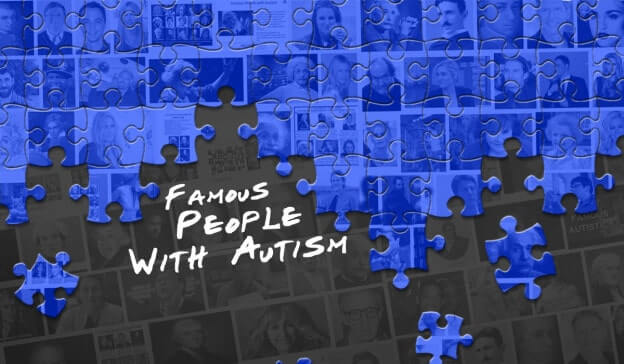
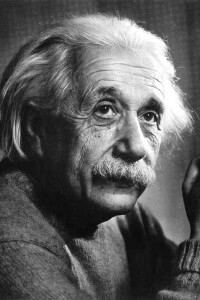
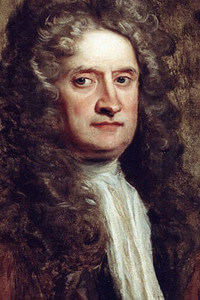
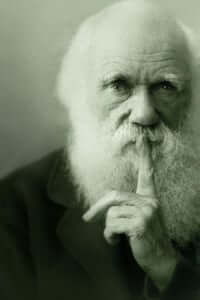


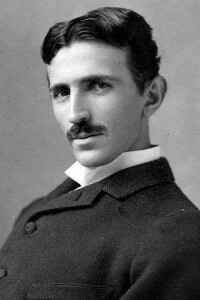
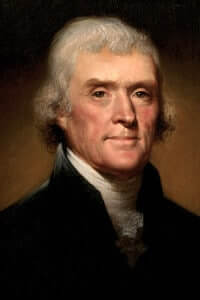
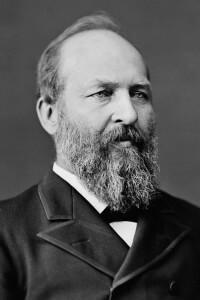






 Teaching life skills to individuals with autism is difficult. Apart from varying manifestations of the disorders across individuals, it can be strenuous and often requires professional support. We as family members or as parents can only do so much to arm them with the right skills in facing life amid their frailties. We need all the help we can get from people who have the experience and expertise in handling ASDs. These professionals are geared with the right knowledge and familiarity of various skills needed to prepare them in living as independent adults. The key, however, in teaching life skills is to focus on an individual’s core deficits and strengths to bring out the best in them.
Teaching life skills to individuals with autism is difficult. Apart from varying manifestations of the disorders across individuals, it can be strenuous and often requires professional support. We as family members or as parents can only do so much to arm them with the right skills in facing life amid their frailties. We need all the help we can get from people who have the experience and expertise in handling ASDs. These professionals are geared with the right knowledge and familiarity of various skills needed to prepare them in living as independent adults. The key, however, in teaching life skills is to focus on an individual’s core deficits and strengths to bring out the best in them.
